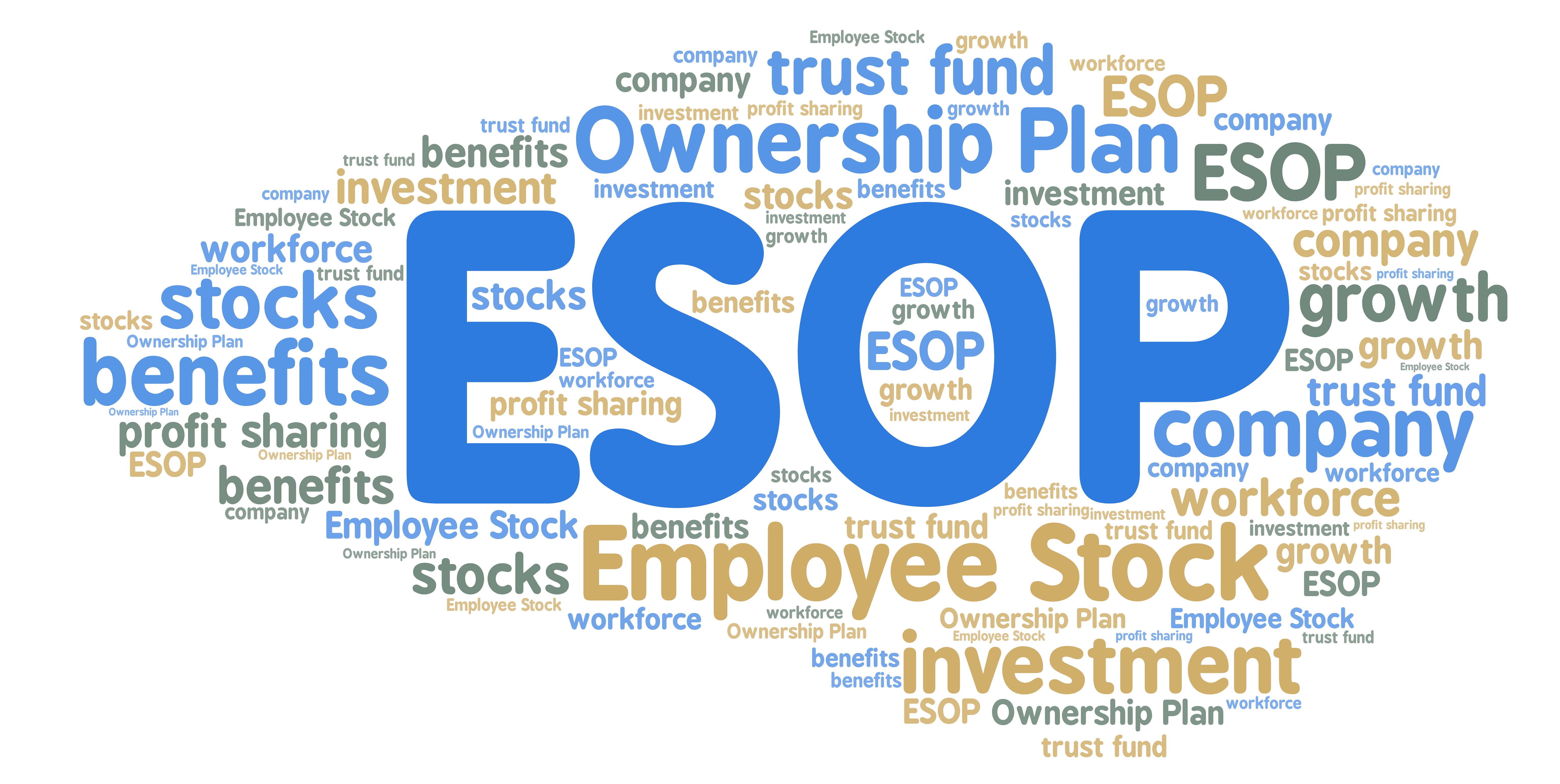
Offerings
- Equity management

 ESOP Management
ESOP Management - Fund management


 Liquidity Solutions
Liquidity Solutions - Fund management


 ESOP Consulting
ESOP Consulting - Fund management


 Fund Management
Fund Management
ESOP Management
ESOP Management for Listed companies
Manage ESOPs with SEBI-regulated workflows. Trusted by India's listed companies for robust compliance and simplicity.
ESOP Management for Private companies
Flexible ESOP infrastructure for startup agility, ready for venture-scale growth and compliant from day one.
Cap Table Management
Track, issue, and report equity with a single source of truth for founders, investors, and employees.
Liquidity Solutions
Employee Liquidity Programs (Surrender and ESOP Buyback program)
Enable structured liquidity events through buybacks and surrender programs, empowering employees without waiting for an IPO.
Employee Exercise Program
Make exercising options easy for employees and finance teams with a seamless, fully digital, compliant experience.
ESOP Consulting
ESOP/SAR Scheme Design and Structuring
Design and rollout ESOP/SAR schemes aligned with your growth, governance, and compliance needs, backed by expert insights.
ESOP Instruments Feasiblity Study
Choose the right equity instrument for your stage, strategy, and stakeholders by evaluating legal, tax, and control implications.
ESOP Benchmarking
Design competitive, market-aligned equity plans backed by real data, peer trends, and stage-specific norms.
IPO Preperation
Prepare your equity, policies, and people for public markets with IPO-ready records and SEBI-compliant frameworks.
Valuations
Get full-spectrum, audit-grade valuations from in-house SEBI-Registered experts, built for Indian compliance.
ESOP Trust Formation and Trustee Services
Set up, govern, and operate SEBI- and Companies Act-compliant ESOP Trusts with confidence and strategic flexibility.
ESOP Tax Guides
Simplify the entire tax journey, educating employees and streamlining finance team execution across all equity events.

Designing a Phantom Option Plan for an NBFC













































